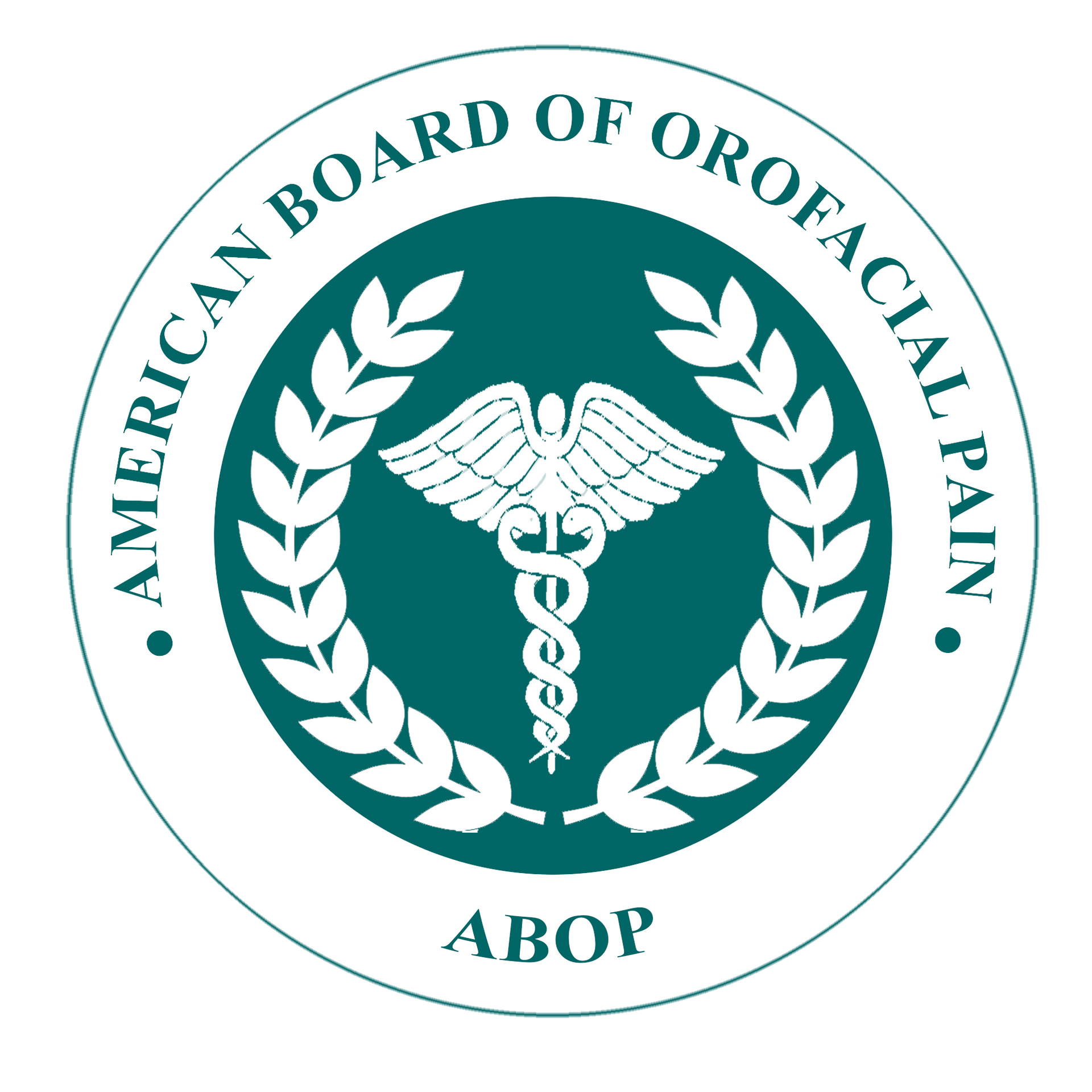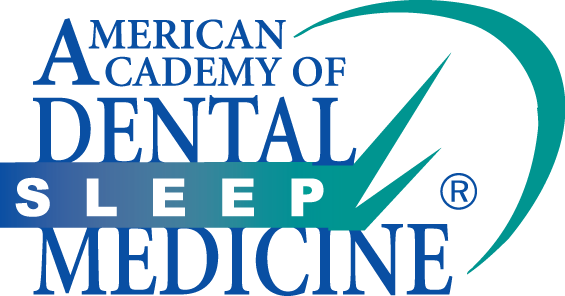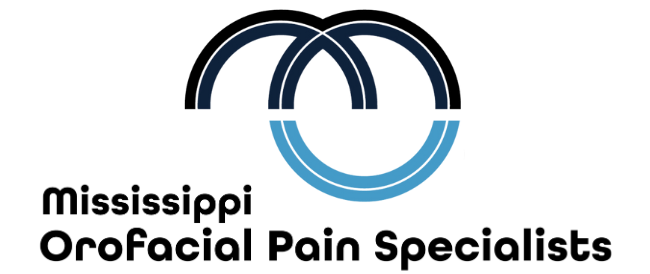Update on Specialty Status in Orofacial Pain
May 9, 2018
Specialty recognition for the field of orofacial pain has always been a goal of the American Academy of Orofacial Pain (AAOP). The American Board of Orofacial Pain (ABOP) has recently achieved specialty recognition through the American Board of Dental Specialties (dentalspecialties.org). For 23 years, as a Diplomate of the American Board of Orofacial Pain, I have been the only doctor in private practice in the state of Mississippi to have earned board certification in the field of orofacial pain. I use the term “earned” because board certification is indeed earned and not bought. Eligibility requirements and the rigorous testing requirements for board certification may be found on the website of the American Board of Orofacial Pain (ABOP.net). Until the summer of 2017, restrictive, unconstitutional laws governing advertising in our profession had prevented mentioning any declaration of “specialization” or “specialty” status associated with the field of orofacial pain.
So what has changed? On June 19, 2017, the federal judges of the United States Court of Appeals for the Fifth District affirmed an opinion of a Texas district court that directly affects dental advertising in the state of Mississippi. The United States Court of Appeals for the Fifth District is a federal court with appellate jurisdiction over the district courts in Mississippi, Texas, and Louisiana. To summarize the outcome of Case No. 16-50157, in a 2/1 decision, the Fifth Circuit Court of Appeals issued its decision affirming the decision by the district court in Austin, Texas that state boards are prohibited from deferring to the American Dental Association, a trade organization, as the only resource for the dental specialty recognition process. This decision also prohibits the establishment of regulations that restrict the advertising of board certification for recognized specialties in dentistry. The Court of Appeals affirmed the decision of the federal district court in Texas, saying dental advertising restrictions enforced by the Texas State Board of Dental Examiners violated dentists’ First Amendment rights to engage in commercial free speech. This decision is consistent with previous, similar decisions in Florida and California and has implications for every state board across the United States. The dental boards of the states of Texas, Louisiana, and Mississippi , comprising the Fifth Circuit, are bound by this decision.
During the past 50 years, there have been remarkable technological, scientific, and clinical advancements in the dental profession, but specialty status for emerging new fields of dentistry has been blocked by the American Dental Association’s House of Delegates. The House of Delegates is the ADA’s legislative and governing body that votes on acceptance or rejection of new specialty applications. For the past four decades, five emerging dental specialties ( Dental Anesthesiology, Implant Dentistry, Oral Medicine, Oral and Maxillofacial Radiology, and Orofacial Pain) have submitted proposals to obtain American Dental Association specialty recognition status in an effort to improve access to care. However, only one of these organizations, the American Academy of Oral and Maxillofacial Radiology, has achieved this status. This decision in 1999 occurred only after the ADA House of Delegates initially voted to reject Radiology’s specialty application. Due to pressure from the Federal Trade Commission in a year-long investigation of the ADA’s restraint of trade practices resulting from conflict of interest restrictions of specialty recognition, the legal counsel for the ADA intervened to convince the House of Delegates to extend a re-vote in an effort to avoid federal regulatory intervention. With the exception of the approval of Oral and Maxillofacial Radiology, the ADA has not recognized a new dental specialty in the past 50 years.
In the April 2017 issue of “The Journal of Oral Implantology”, the attorney and dentist, Frank Recker, DDS, JD wrote the following: ”Objectively viewing the ADA’s HOD (House of Delegates), all consisting of economic competitors, the nature of the specialty game had been revealed in 2012 as a political process among economic competitors, and the self-evident nature of professional advertising and marketplace competition had overwhelmed any objectivity of the ADA specialty recognition process. There and then, it beheaded itself. An inevitable result of this reality was the creation of the ABDS (American Board of Dental Specialties), an objective, apolitical entity not controlled by any dental organization, comprised of bona fide certifying boards of multiple areas of dentistry. To date the member certifying boards of the ABDS are Oral Medicine, Orofacial Pain, Implant Dentistry, and Dental Anesthesiology.” It is interesting to note that specialties in the medical profession are regulated by The American Board of Medical Specialties (not by The American Medical Association). The American Board of Medical Specialties certifies specialties in more than 150 medical specialties and subspecialties.
After the formation of the American Board of Dental Specialties (ABDS), the ADA began to question its own specialty recognition process. In a 2017 issue of the “ADA NEWS”,outgoing ADA president, Dr. Gary L. Roberts stated, “ If we don’t get the specialty recognition process out of the politically charged atmosphere of the House of Delegates, no one will ever come to the ADA for specialty recognition again.” In the January 22, 2018 issue of the “ADA NEWS” the ADA announced the members of the newly formed ADA National Commission on Recognition of Dental Specialties and Certifying Boards. ADA recognized certifying boards are expected to seek recognition by and be accepted by the American Board of Dental Specialties in the near future.
Paul C. Riley, DDS
So what has changed? On June 19, 2017, the federal judges of the United States Court of Appeals for the Fifth District affirmed an opinion of a Texas district court that directly affects dental advertising in the state of Mississippi. The United States Court of Appeals for the Fifth District is a federal court with appellate jurisdiction over the district courts in Mississippi, Texas, and Louisiana. To summarize the outcome of Case No. 16-50157, in a 2/1 decision, the Fifth Circuit Court of Appeals issued its decision affirming the decision by the district court in Austin, Texas that state boards are prohibited from deferring to the American Dental Association, a trade organization, as the only resource for the dental specialty recognition process. This decision also prohibits the establishment of regulations that restrict the advertising of board certification for recognized specialties in dentistry. The Court of Appeals affirmed the decision of the federal district court in Texas, saying dental advertising restrictions enforced by the Texas State Board of Dental Examiners violated dentists’ First Amendment rights to engage in commercial free speech. This decision is consistent with previous, similar decisions in Florida and California and has implications for every state board across the United States. The dental boards of the states of Texas, Louisiana, and Mississippi , comprising the Fifth Circuit, are bound by this decision.
During the past 50 years, there have been remarkable technological, scientific, and clinical advancements in the dental profession, but specialty status for emerging new fields of dentistry has been blocked by the American Dental Association’s House of Delegates. The House of Delegates is the ADA’s legislative and governing body that votes on acceptance or rejection of new specialty applications. For the past four decades, five emerging dental specialties ( Dental Anesthesiology, Implant Dentistry, Oral Medicine, Oral and Maxillofacial Radiology, and Orofacial Pain) have submitted proposals to obtain American Dental Association specialty recognition status in an effort to improve access to care. However, only one of these organizations, the American Academy of Oral and Maxillofacial Radiology, has achieved this status. This decision in 1999 occurred only after the ADA House of Delegates initially voted to reject Radiology’s specialty application. Due to pressure from the Federal Trade Commission in a year-long investigation of the ADA’s restraint of trade practices resulting from conflict of interest restrictions of specialty recognition, the legal counsel for the ADA intervened to convince the House of Delegates to extend a re-vote in an effort to avoid federal regulatory intervention. With the exception of the approval of Oral and Maxillofacial Radiology, the ADA has not recognized a new dental specialty in the past 50 years.
In the April 2017 issue of “The Journal of Oral Implantology”, the attorney and dentist, Frank Recker, DDS, JD wrote the following: ”Objectively viewing the ADA’s HOD (House of Delegates), all consisting of economic competitors, the nature of the specialty game had been revealed in 2012 as a political process among economic competitors, and the self-evident nature of professional advertising and marketplace competition had overwhelmed any objectivity of the ADA specialty recognition process. There and then, it beheaded itself. An inevitable result of this reality was the creation of the ABDS (American Board of Dental Specialties), an objective, apolitical entity not controlled by any dental organization, comprised of bona fide certifying boards of multiple areas of dentistry. To date the member certifying boards of the ABDS are Oral Medicine, Orofacial Pain, Implant Dentistry, and Dental Anesthesiology.” It is interesting to note that specialties in the medical profession are regulated by The American Board of Medical Specialties (not by The American Medical Association). The American Board of Medical Specialties certifies specialties in more than 150 medical specialties and subspecialties.
After the formation of the American Board of Dental Specialties (ABDS), the ADA began to question its own specialty recognition process. In a 2017 issue of the “ADA NEWS”,outgoing ADA president, Dr. Gary L. Roberts stated, “ If we don’t get the specialty recognition process out of the politically charged atmosphere of the House of Delegates, no one will ever come to the ADA for specialty recognition again.” In the January 22, 2018 issue of the “ADA NEWS” the ADA announced the members of the newly formed ADA National Commission on Recognition of Dental Specialties and Certifying Boards. ADA recognized certifying boards are expected to seek recognition by and be accepted by the American Board of Dental Specialties in the near future.
Paul C. Riley, DDS
May 23, 2020
Originally Published on 4/24/2020On March 31, 2020, the American Academy of Orofacial Pain’s request to recognize orofacial pain as a dental specialty was granted by the National Commission on Recognition of Dental Specialties and Certifying Boards based on compliance with the Requirements for Recognition of Dental Specialties. The American Academy of Orofacial Pain (AAOP), founded in 1975, is the professional membership organization representing the specialty of Orofacial Pain and [...]
May 9, 2018
Selecting the right doctor to properly diagnose and treat your jaw-related pain can be challenging, but it does not have to be. There is at least one study demonstrating that 70% of dental patients really do not understand the quality of care that they are receiving. To compound the problem, we live in a world of “slick” advertising. To avoid being a victim of such unscrupulous tactics, try to get it right the first time. No one enjoys paying for these services multiple times before [...]



- Mon - Thu
- -
- Friday
- -
- Sat - Sun
- Closed
Find Us on the Map
Don't wait to find relief! Call our office to schedule an evaulation from a Board Certified TMJ Specialist.
108 South Maple Street Suite C Ridgeland, MS 39157







Content, including images, displayed on this website is protected by copyright laws. Downloading, republication, retransmission or reproduction of content on this website is strictly prohibited. Terms of Use
| Privacy Policy
